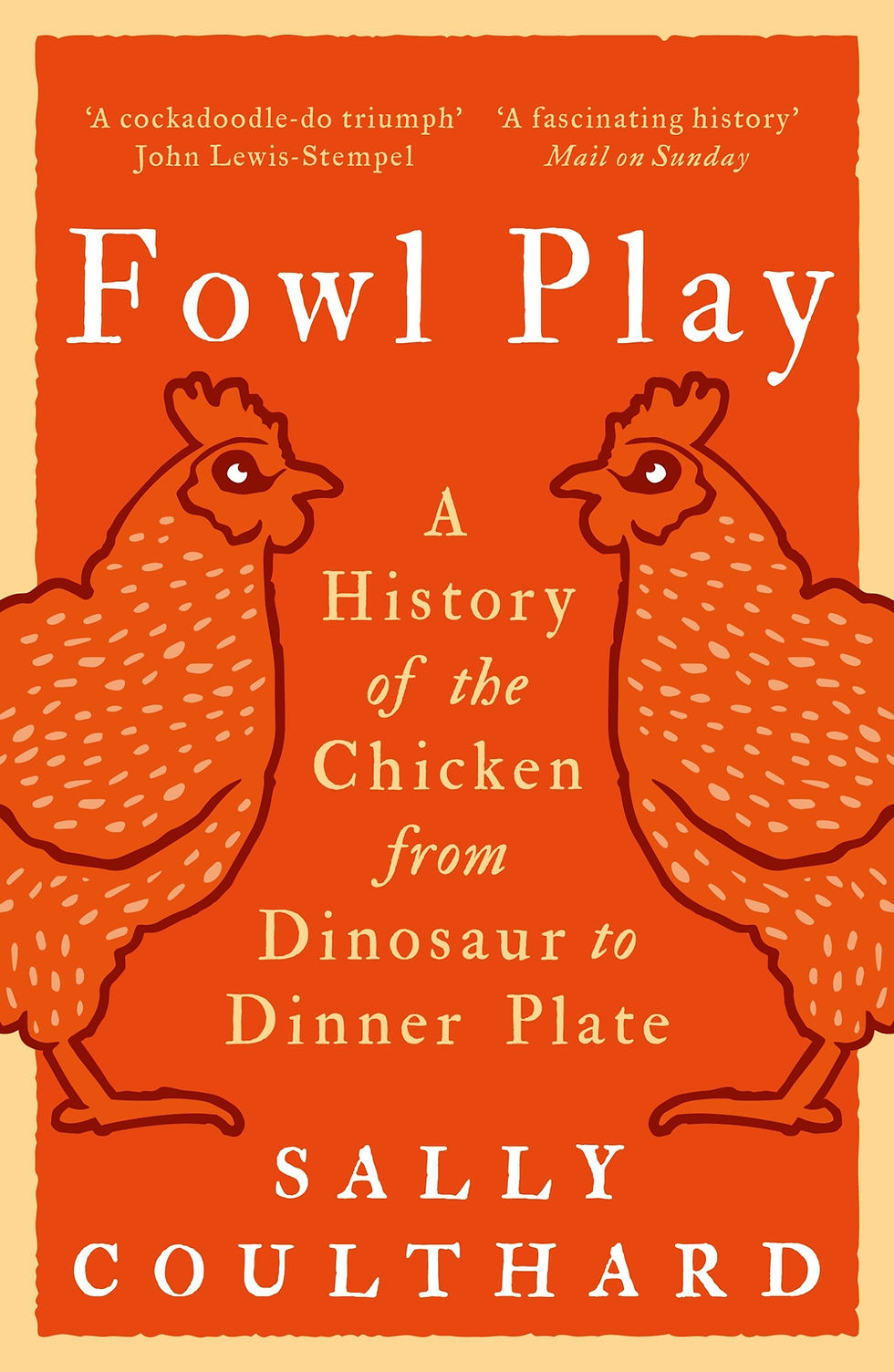What if we could create new species? What if we could synthesise genes to combat climate change and eliminate illness? What if we could supersede evolution?
On the Future of Species tells the story of the pioneering new world of synthetic genomics. Adrian Woolfson, a scientist at the forefront of this new technology, guides us on an exhilarating journey as he boldly navigates some of the most important issues of our collective future. Synthetic genomics will be as revolutionary to our way of living as the impact of the computer and the advent of AI. It heralds a future filled with world-improving possibilities but also fraught with potentially world-devastating dangers. These changes are happening now, and it is vital we understand what the possibilities are, and where it might all go wrong.
Rich with innovative ideas and discoveries, On the Future of Species answers these questions and tackles who we are as a species - and what we have the potential to become.
On the Future of Species
By Adrian Woolfson
A ground-breaking exploration of the emerging field of genome writing and its profound implications for healthcare, the environment and the global economy
Material available
Rights Sold
North American, Chinese simplified, Croatian, Dutch; Flemish, Arabic and Spanish
Book Details
Imprint: Bloomsbury Publishing (UK) | Pub date: February 2026 | Format: 234 x 153mm | Extent: 336 pages | Word Count: 69,000 wordsAbout the Author
Adrian Woolfson is the co-founder of Replay, a genomic medicine, genome writing, and cell therapy biotechnology company based in San Diego, California. He was born in London, studied medicine at Balliol College, Oxford, and was formerly the Charles and Katherine Darwin Fellow at Darwin College, Cambridge. Woolfson is the author of the critically acclaimed Life Without Genes: The History and Future of Genomes (2000) and An Intelligent Person’s Guide to Genetics (2006). He has authored over 150 scientific papers, book chapters, reviews, and patents, and is a regular contributor to the Wall Street Journal, Washington Post and Science magazine.






















